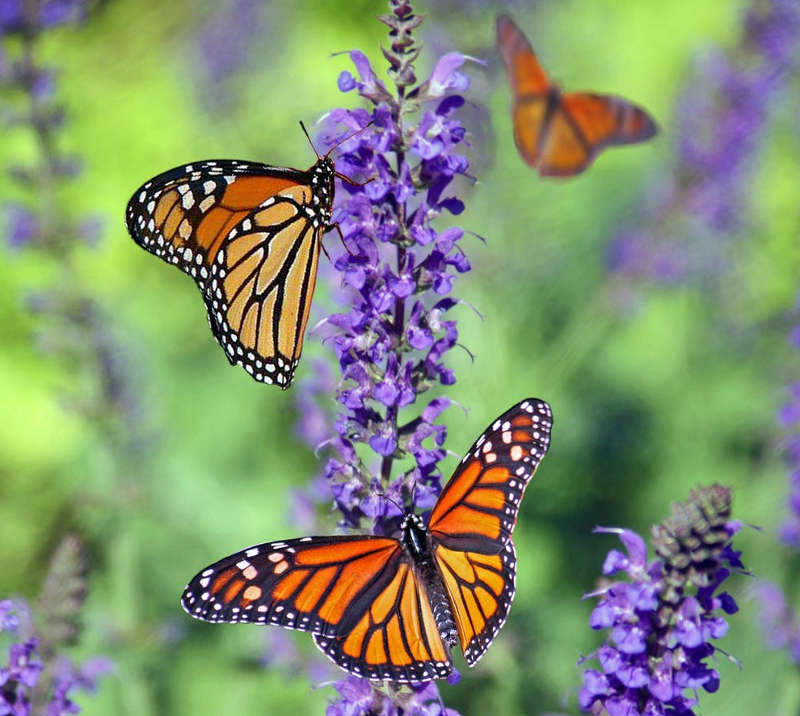Pollinators provide an indispensable service. They pollinate 90 percent of the world’s flowering plants and more than two-thirds of the world’s crop species. Without them, fruit trees, berry bushes, flowering vegetables, and crops like canola and alfalfa would disappear. Canada has over 800 native species of insect pollinators and bees are the most common. Others include butterflies, moths, wasps, flies, and some types of beetles.
Over 40 percent of our insect species are in steep decline and already one-third are endangered. Current rates of decline mean one-quarter of our insects could be wiped out in the next decade. Without insects, the threat to our future can’t be stressed enough. This is where you can make a difference.
With the arrival of warmer weather, so many of us long to grab the garden tools and start preparing for the summer season. Try to resist, however, for a few more weeks. While there is still a threat of frost and until daytime temperatures are consistently above 10C, pollinators rely on leaves and hollow stalks for shelter and protection. As well, raking leaves now simply moves valuable pollinators from your garden into the trash.
When planning your garden, add pollinator-friendly plants. Use plants native to our region because our local insect populations are uniquely adapted to them, and they require less maintenance. This might include Bergamot, Black-eyed Susans, and Echinacea. Also consider the pollinator’s life stages (Milkweed, for example, is essential food for Monarch caterpillars). Provide nesting sites for eggs and larvae by leaving patches of bare ground, conserving brush piles, and installing nesting blocks.
Join the ‘No Mow May’ movement and avoid pesticides. Wait until the end of May to start mowing your lawn, then mow as seldom as possible. Since there are few flowers to nourish pollinators in early spring, let your dandelions provide an important food source. Pesticides can be lethal and can compound the effects of other stressors, such as loss of habitat and exposure to pathogens and disease. When buying plants, take care to ensure that they were not treated with neonicotinoids, a systemic (i.e. incorporated into the plant tissue) pesticide with enormous ecological impact.
To learn more, our Meaford Library has a wealth of resources plus a native plant seed bank. Meaford’s new Grey Heron Garden Centre sells native plants and can provide expert advice. Additionally, get involved with Transition Meaford as it works with the municipality to grow bee and butterfly gardens throughout town and will be submitting an application for Bee City status soon. Transition Meaford also offers native plant seed mixes, especially selected to attract and nourish our native bees and butterflies. To join Transition Meaford, send us an email at transitionmeaford@gmail.com.
As Rachel Carson once said, “I believe with all my heart in the power of individual people to make the world a better place.” Start this spring in your garden.
Submitted by Lesley Lewis, Transition Meaford












